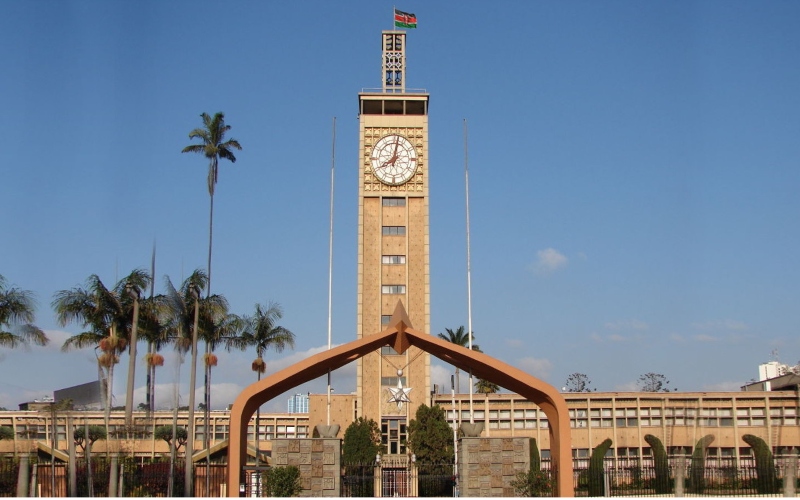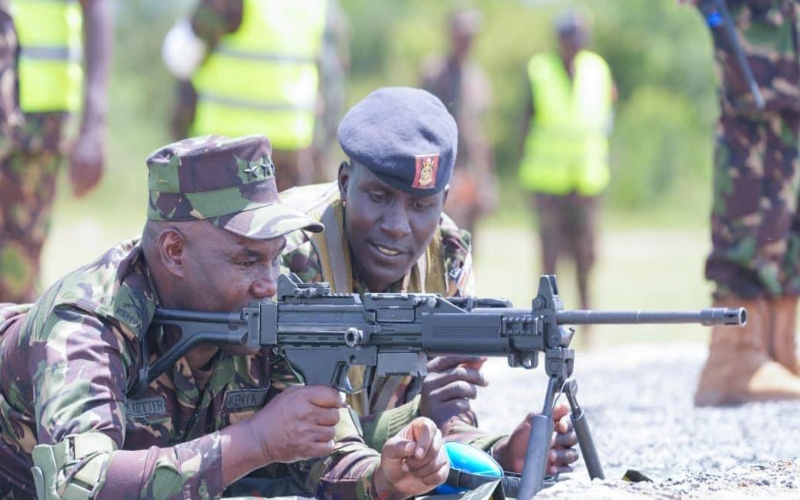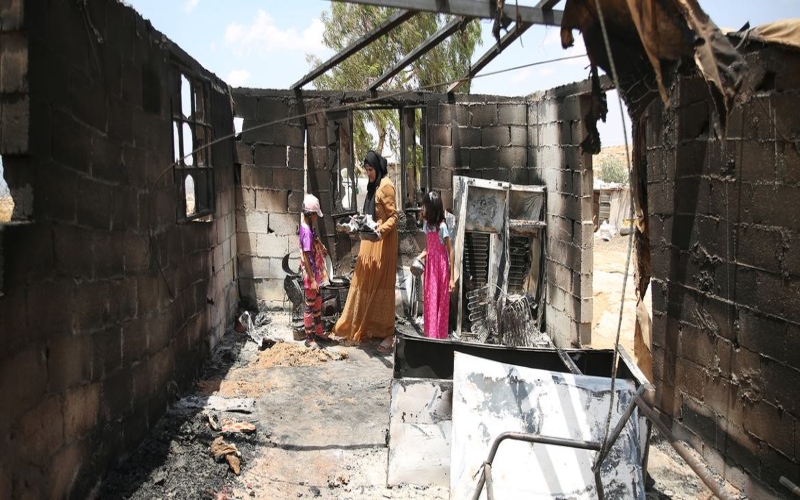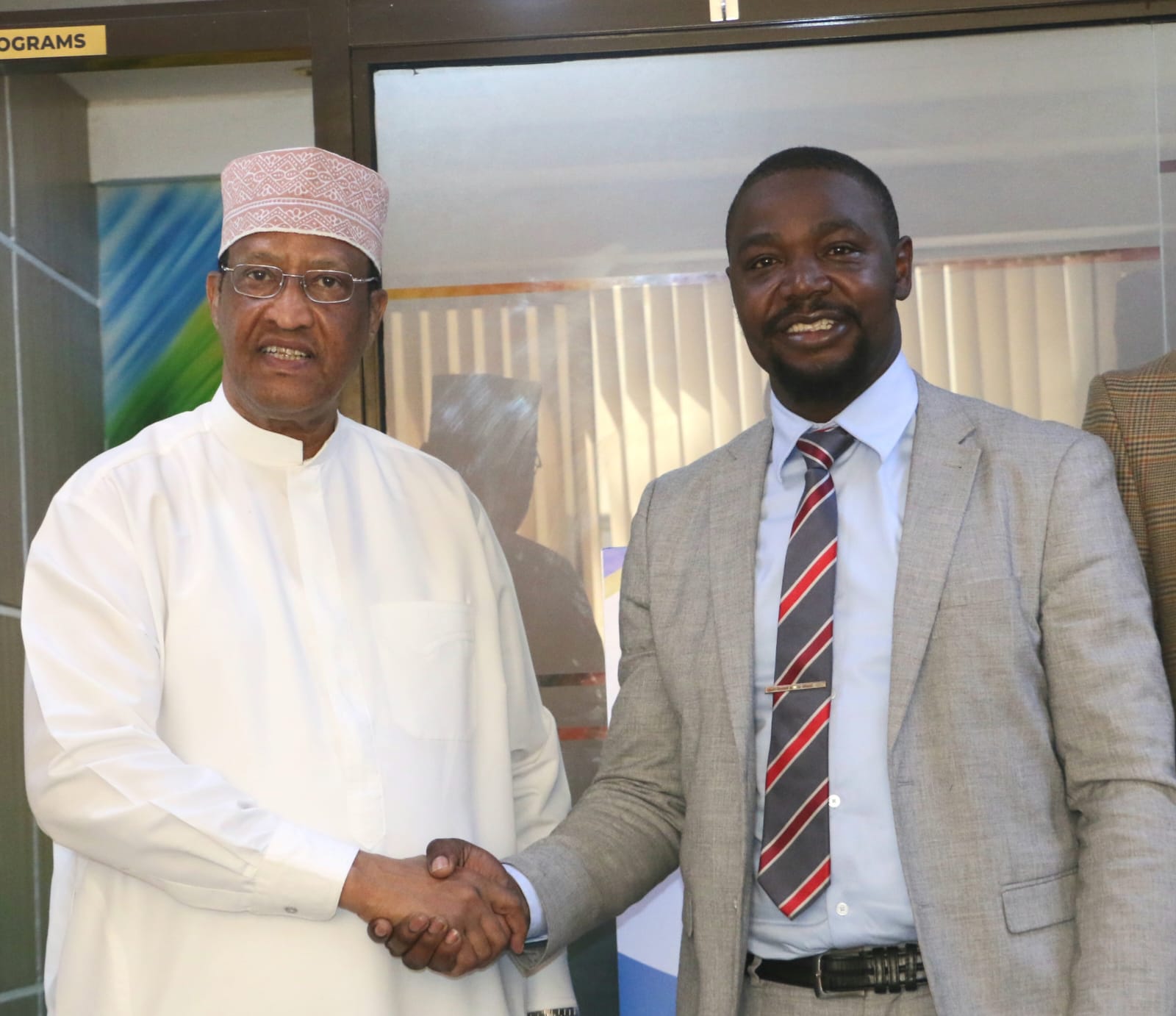Deadly attacks across Sudan's Darfur region leave nearly 100 wounded people in MSF-supported facilities
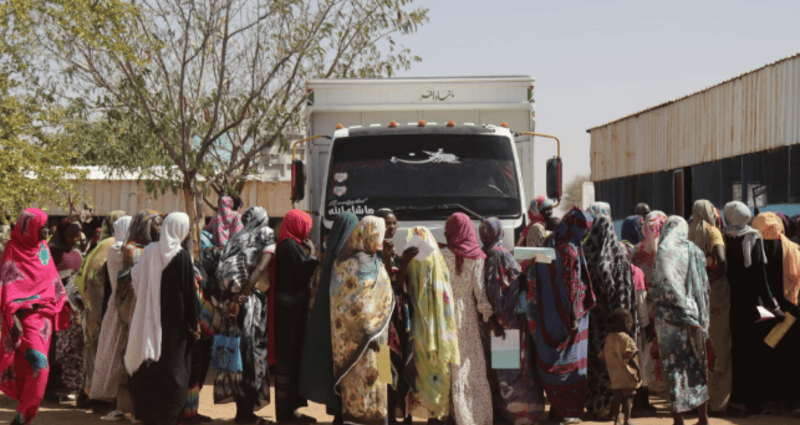
Over 650 injured people, who have managed to escape from El Fasher, have arrived at the MSF-supported hospital located 60 kilometres away from the besieged city since mid-August.
Médecins Sans Frontières-supported health facilities across North, Central, and South Darfur in Sudan have recorded a rise in wounded patients following a series of attacks by the Rapid Support Forces (RSF) and the Sudanese Armed Forces (SAF).
They include 99 wounded patients, including women and children, who arrived on September 10, and unfortunately, four others across the facilities were declared dead on arrival on that day that drones struck multiple locations across Darfur, leaving hundreds of people injured.
More To Read
- Sudan’s crisis deepens with communities trapped in ‘siege conditions’
- From protesting tyranny to saving lives: How Sudan’s networks are responding to war
- ‘I have to talk about it' - rape and terror sparks mass migration in Sudan
- Sudan army makes major gains in South Kordofan, retakes key villages from SPLM-N
- Sexual violence driving mass flight from Sudan to South Sudan: What you need to know
- IGAD rallies region to tackle deepening displacement crisis amid funding cuts, conflict
In Tawila, North Darfur, the organisation treated 50 wounded patients the following day, alone.
"The humanitarian crisis is spiralling, and the world cannot continue to look away. We urge all warring parties to immediately spare civilians, protect medical staff and facilities, and guarantee safe, unhindered access for humanitarian aid, starting in El Fasher and other besieged areas," said Marwan Taher, MSF Head of Mission in Darfur.
Over 650 injured people, who have managed to escape from El Fasher, have arrived at the MSF-supported hospital located 60 kilometres away from the besieged city since mid-August.
The figure, he said, represents just a fraction of the casualties, as survivors have described seeing many more bodies on the roads and having to leave behind the most critically sick and wounded, people who simply wouldn't have survived the journey to Tawila.
"Some people have walked 60 kilometres on foot, bleeding from gunshot wounds and severe whippings, yet they are the fortunate few who survived the horrors of El Fasher and the journey to escape it. They arrive exhausted, broken, and in such extreme states of distress," added Sylvain Penicaud, the MSF project coordinator in Tawila.
As Sudan's war continues in its third year, people face relentless violence with nowhere to flee.
On Friday, the United Nations Security Council unanimously extended for another year the 1591 Sudan sanctions regime, including targeted sanctions and an arms embargo, in a bid to tame Sudan's worsening situation.
The council noted that the situation in Darfur remains dire, with widespread violence, severe humanitarian challenges and mass displacement.
The US delegate welcomed the alignment of the Panel of Experts and sanctions renewal timelines, which ensures a more cohesive approach to addressing the crisis in Sudan.
"The international community remains focused on stemming the flow of arms and promoting accountability for those who perpetrate violence and instability in Darfur," he said.
The RSF and its allies have besieged and bombed the town for over a year, leaving hundreds of thousands of people trapped, with virtually no food, medicines, water or humanitarian aid.
People attempting to escape El Fasher face killings, torture, sexual assault and other extreme forms of violence along the route to Tawila, which now hosts 800,000 internally displaced people.
MSF warns that communities far from the frontlines are neither safe, as attacks have since escalated simultaneously across the region.
These simultaneous attacks have not just wounded and killed people, they also took out a power station, plunging parts of the city into blackout and forcing the MSF-supported Al-Nao and Al-Buluk Pediatric hospitals to rely on generators or unreliable electricity sources.
"Without stable electricity, lifesaving medical equipment and air conditioning fail, leaving premature and critically ill children dangerously exposed to overheating, infection, and equipment malfunction," warns MSF.
Top Stories Today



